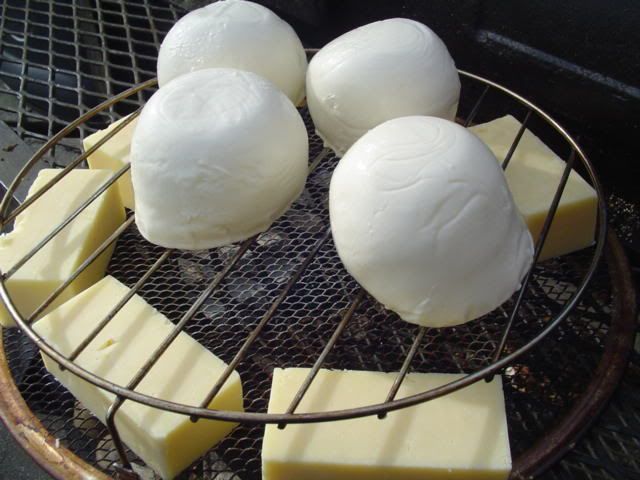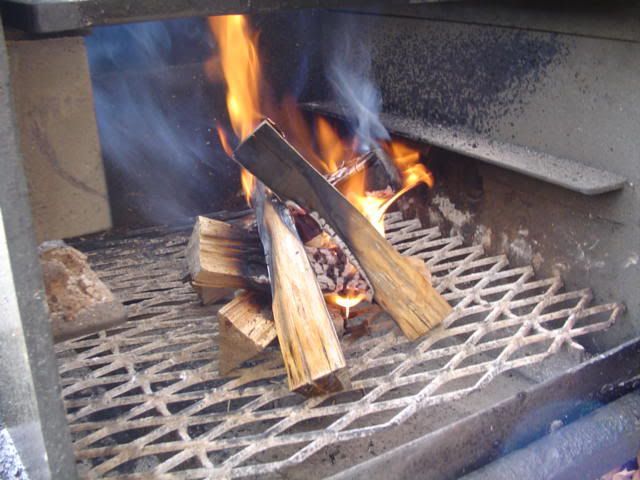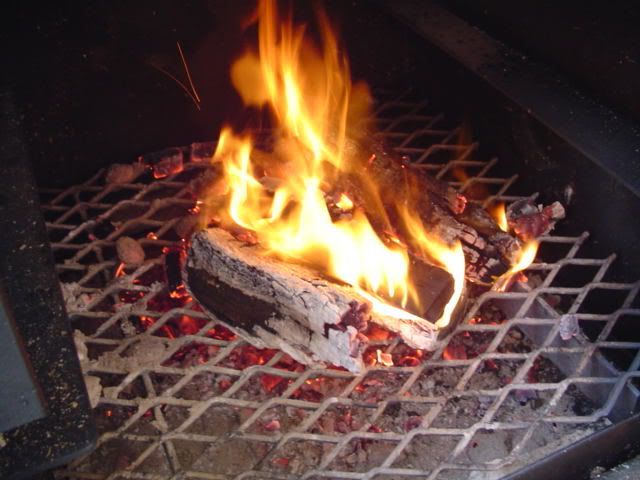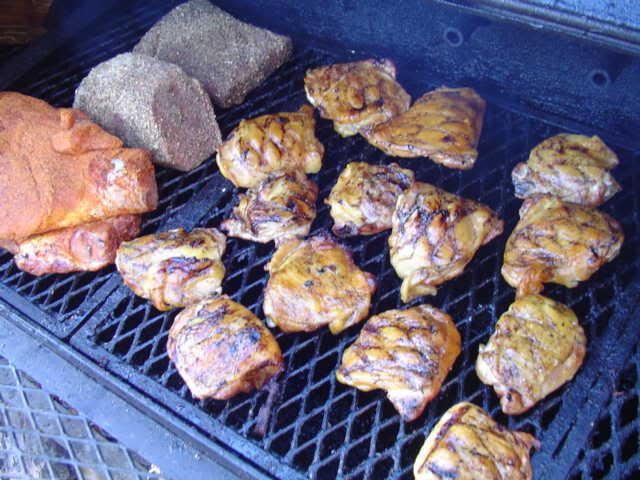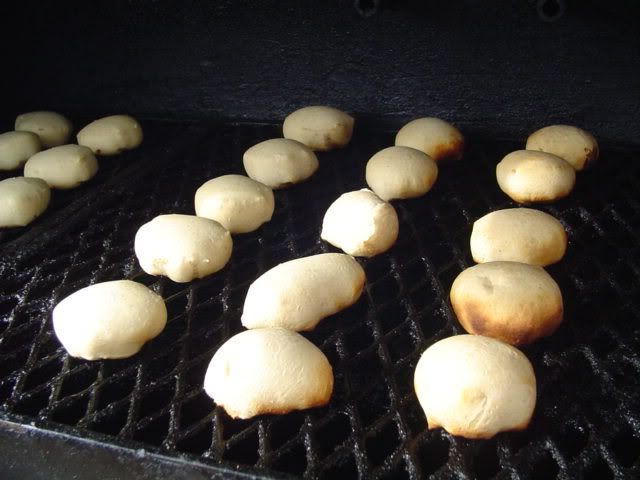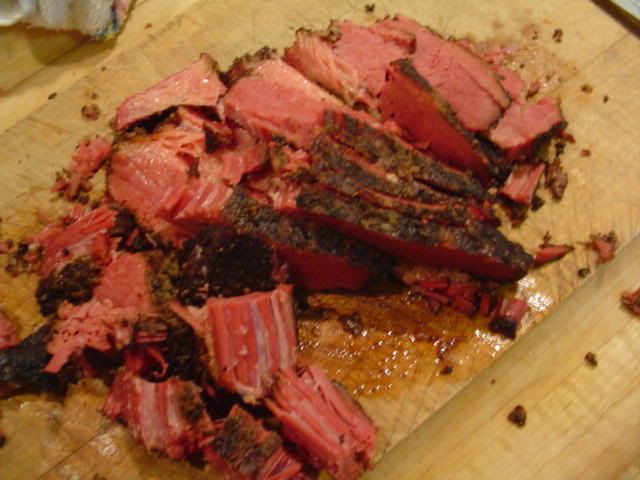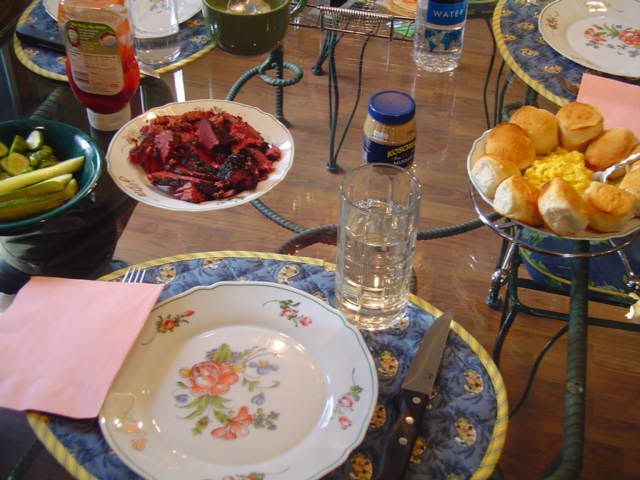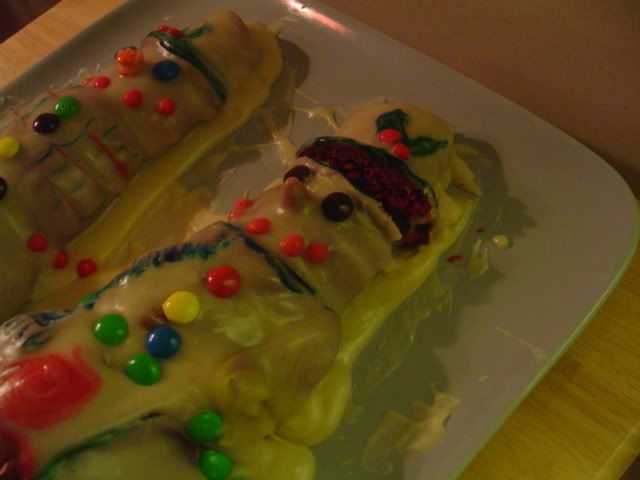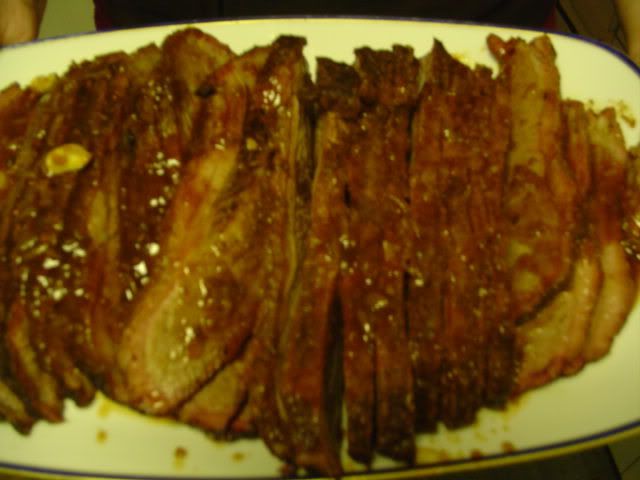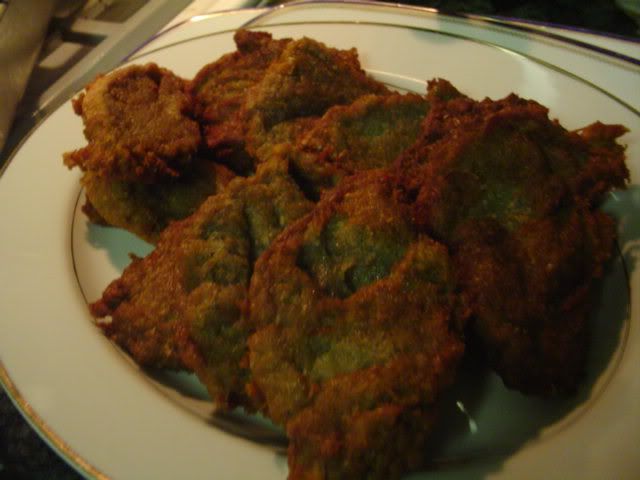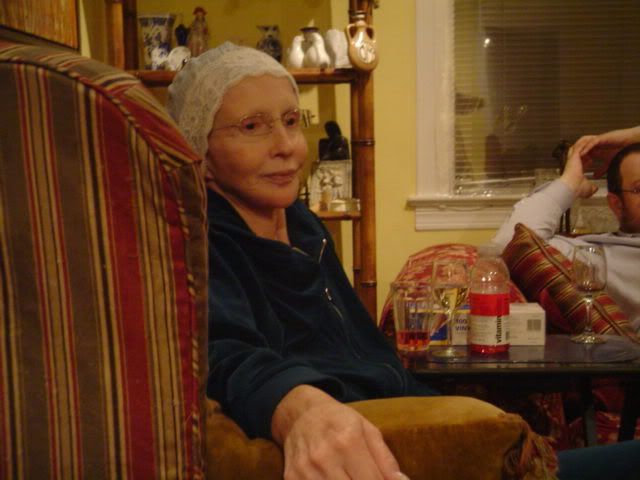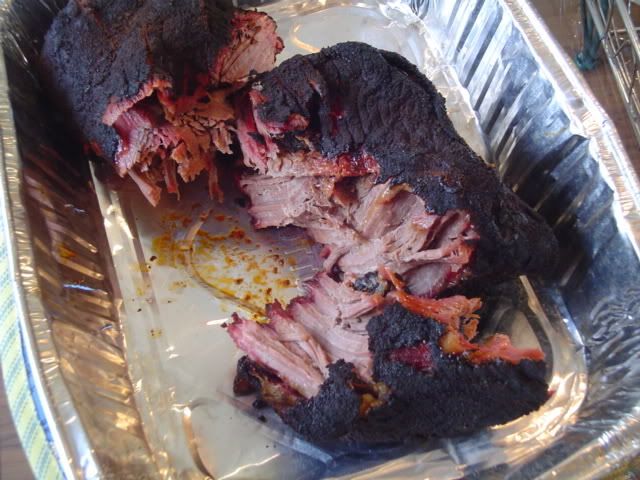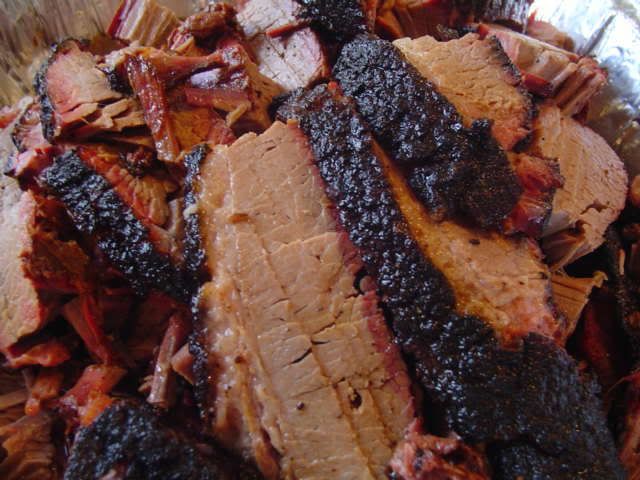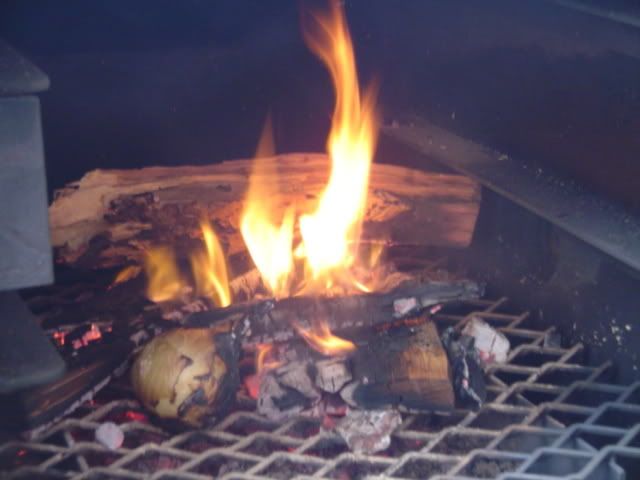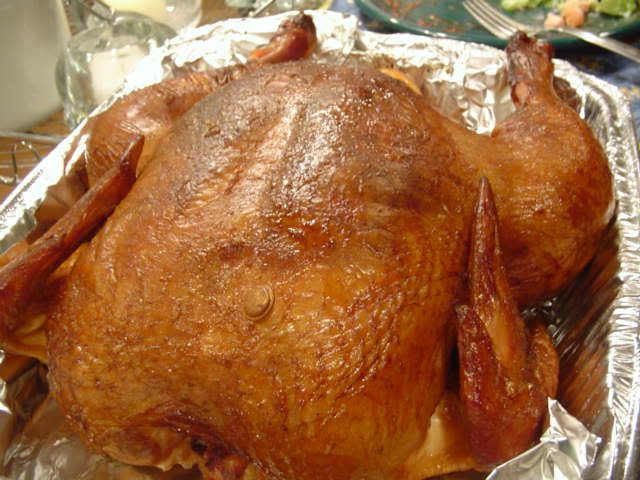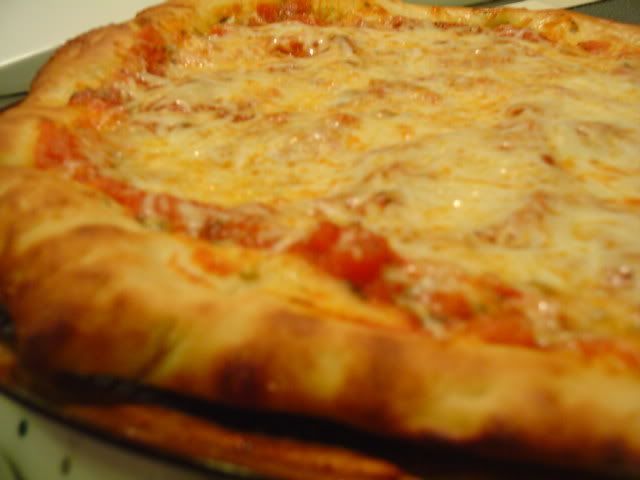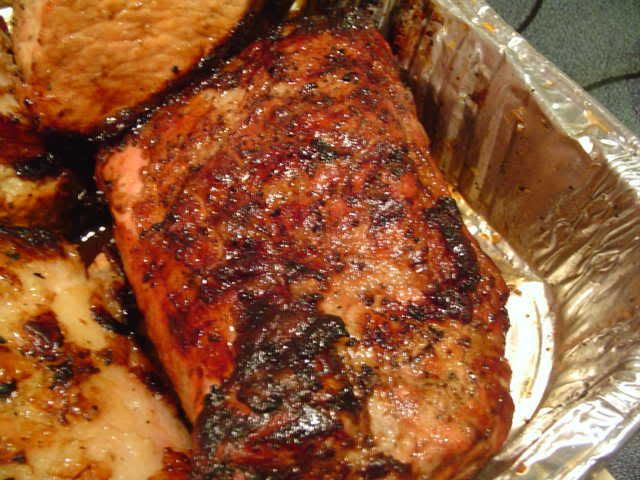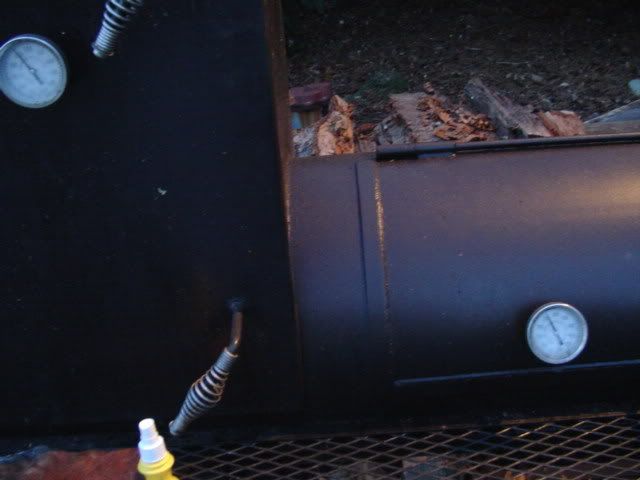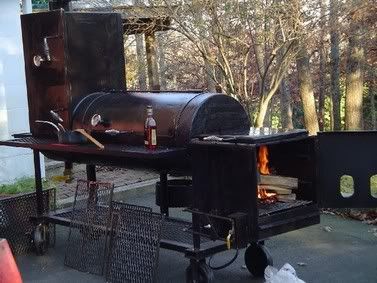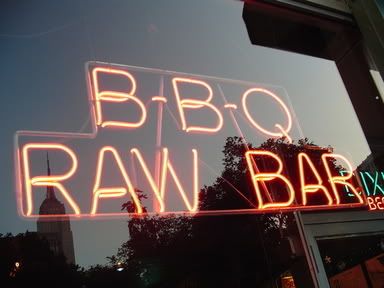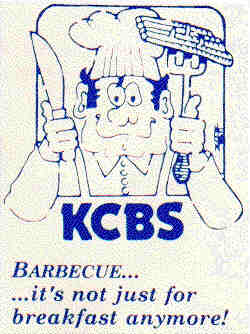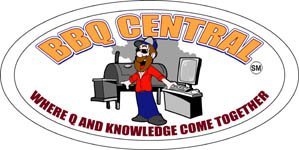 In honor of Dr. Martin Luther King Jr.'s birthday, here's a piece about his one and only visit to Seattle. Interestingly enough, he ate bbq in Seattle. Good choice. Martin Luther King Jr. arrives for his sole Seattle visit on November 8, 1961.
In honor of Dr. Martin Luther King Jr.'s birthday, here's a piece about his one and only visit to Seattle. Interestingly enough, he ate bbq in Seattle. Good choice. Martin Luther King Jr. arrives for his sole Seattle visit on November 8, 1961.HistoryLink.org Essay 673
On November 8, 1961, Dr. Martin Luther King Jr. (1929-1968), the great civil rights leader, arrives for his only visit to Seattle. He speaks at the University of Washington and at Temple de Hirsch on Thursday, November 9, and at Garfield High School and the Eagles Auditorium on Friday, November 10, 1961. A reception follows at Plymouth Congregational Church.
Reverend Samuel B. McKinney invited him to be part of a lecture series sponsored by the Brotherhood of Mount Zion Baptist Church. McKinney was pastor of the church and a friend and classmate of King at Morehouse College in Atlanta.
Racism at First Presbyterian Arrangements were made for Dr. King to speak at First Presbyterian Church because Mount Zion would not be large enough to handle the numbers expected. First Presbyterian Church canceled the oral agreement to rent the sanctuary to Mount Zion just weeks before King’s scheduled arrival and shortly after advertisements of his lecture were circulated. The reasons ranged from construction work to other commitments but McKinney attributed it to racism. He appealed to First Presbyterian church leaders, but this only produced other excuses such as the use of the sanctuary only for religious meetings and the reluctance to have proceeds go not to Mount Zion’s building fund but to King’s enterprises.
Local organizations and churches denounced the cancellation. The Christian Friends for Racial Equality, Grace Methodist Church, the Baptist Ministers Conference of Seattle and Vicinity, and the Capitol Hill Ministerial Association voiced shock and disapproval. Even the Presbytery of Seattle commended King to its member churches.
Other venues were offered immediately. King arrived the evening of November 8 and checked into the Olympic Hotel. He gave his first lecture at the University of Washington on Thursday, November 9, in the old Meany Hall before 2,000 students. They gave him a standing ovation. That evening he spoke at Temple de Hirsch. On Friday, November 10, he spoke at Garfield High School and that evening at the Eagles Auditorium, now (in the twenty-first century) ACT Theater. A reception followed at Plymouth Congregational Church.
Creative Protest In his lectures, the civil rights leader stressed creative protest to break down racial segregation and discrimination, and called on President John F. Kennedy (1917-1963) to use the executive order to declare all segregation unconstitutional. All of his talks were inspirational and promoted the concept of brotherhood.
A Progressive City After the last lecture, he requested that McKinney take him to a barbecue restaurant in the Central Area where they spent several hours eating and talking and reminiscing. He left on Saturday, November 11, impressed, according to McKinney, by the progressive attitude he saw in the city, especially in the African American community.
The internationally known leader’s legacy in Seattle is reflected in its landmarks. In 1974, Harrison Elementary School was renamed Martin Luther King Elementary School.
In 1982, after a long struggle by businessman Eddie Rye, Empire Way was renamed Martin Luther King, Jr. Way.
On February 24, 1986, the King County Council passed Motion 6461 redesignating the namesake of King County to commemorate Dr. King rather than William Rufus DeVane King, the Vice President-elect for whom the county was named in 1852. A bronze memorial plaque to commemorate this change is located on the first floor elevator lobby of the King County Courthouse at 3rd Avenue and James Street in Seattle.
In 1991, the Dr. Martin Luther King Jr. Memorial Park at South Walker Street and Martin Luther King Jr. Way was dedicated.
In 1998, a bronze bust of King by Jeff Day entitled “Speaking Out” was placed in the Allen Theater of the Act Theater complex. It was dedicated by the board of directors of the theater and by the Benefit Guild, a black women’s service organization. The bust commemorates his speaking engagement in the same auditorium space on November 10, 1961.
Dr. Martin Luther King Jr. was assassinated on April 4, 1968, in Memphis, Tennessee.Sources: Mary T. Henry, Tribute: Seattle Public Places Named for Black People (Seattle: Statice Press, 1997), 39, 41, 42; Ferdinand M. DeLeon, “When King was in Town,” The Seattle Times, January 16, 1994, pp. L-1, L-4.
By Mary T. Henry, January 08, 1999
http://www.historylink.org/essays/output.cfm?file_id=673Labels: Barbecue, BBQ, history, Holidays, Martin Luther King Jr
Read more!
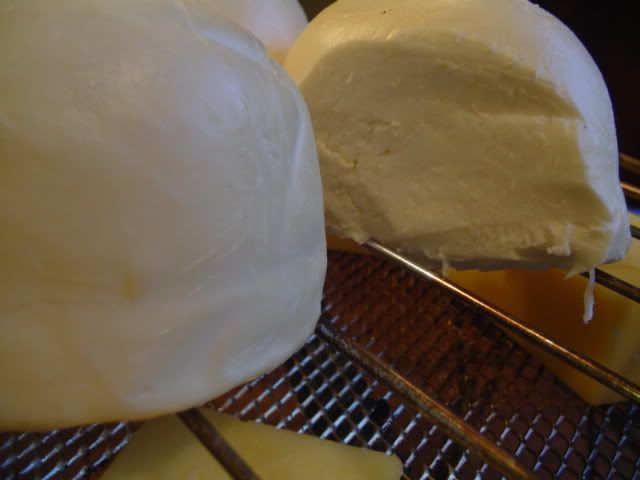 This past weekend was quite action packed. We were in East Hampton with my brother and the Wife's friend, Diana. Saturday afternoon while I 'qued with Hiroshi, Diana and the Wife headed out for more groceries. That should have taken an hour or so.
This past weekend was quite action packed. We were in East Hampton with my brother and the Wife's friend, Diana. Saturday afternoon while I 'qued with Hiroshi, Diana and the Wife headed out for more groceries. That should have taken an hour or so. 